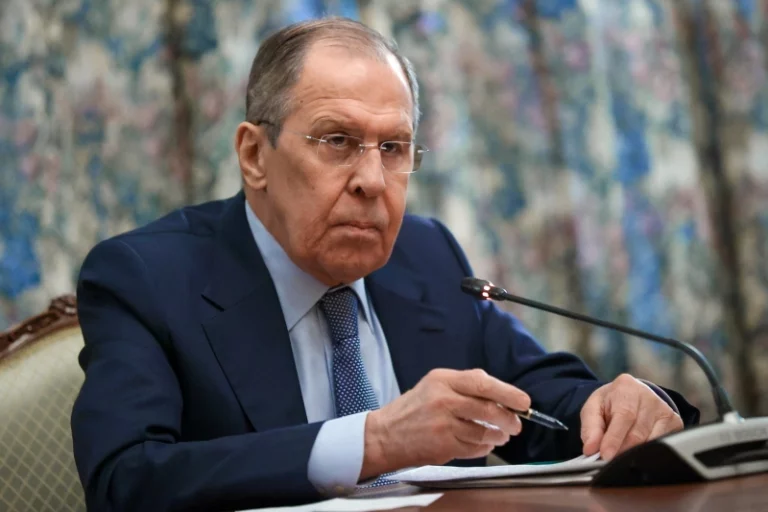Oil prices surged by over $3 per barrel in Asian trading on Monday, propelled by intensifying military confrontations between Israel and the Palestinian Islamist group Hamas. This deepening political uncertainty in the Middle East has sparked concerns about potential disruptions to oil supplies.
Brent crude recorded a notable increase of $3.10, equivalent to 3.67%, reaching $87.68 per barrel as of 0400 GMT. Simultaneously, U.S. West Texas Intermediate (WTI) crude saw a rise of $3.26, or 3.94%, bringing it to $86.05 per barrel. Initially, both benchmarks experienced even more substantial gains, exceeding $4 per barrel before slightly tapering off.
Analysts from ANZ Bank noted,
“Increasing geopolitical risk in the Middle East should support oil prices, with higher volatility to be expected.”
This recent surge in oil prices marked a reversal of the previous week’s downward trend, the most significant weekly decline since March. During that period, Brent had fallen approximately 11%, while WTI had retreated more than 8%. These declines were driven by concerns about rising interest rates and their potential impact on global demand for oil.
Hamas launched its most extensive military attack on Israel in decades on Saturday, resulting in the loss of hundreds of lives among Israelis and triggering a wave of retaliatory Israeli airstrikes on Gaza, which has claimed over 400 lives.
Energy analyst Saul Kavonic emphasized, “The risk premium on oil is rising due to the prospect of a wider conflagration that could spread to nearby major oil-producing nations such as Iran and Saudi Arabia.”
The escalating violence also poses a threat to U.S. efforts to mediate a reconciliation between Saudi Arabia and Israel, which could involve the normalization of relations between the two and a defense pact between Washington and Riyadh. Saudi officials reportedly expressed their willingness to increase oil output next year as part of this proposed agreement.
Such an increase in Saudi oil production would have helped alleviate supply constraints that had persisted due to months of production cuts by key producers, including Saudi Arabia and Russia.
Furthermore, a normalization of relations between Saudi Arabia and Israel could potentially stall recent progress in detente between Saudi Arabia and Iran, which has openly supported Hamas’ actions.
Analysts express deep concerns that oil supplies could be severely impacted if Iran becomes embroiled in the conflict. Kavonic warned, “If the conflict spreads to Iran… up to 3% of global oil supply could be at risk. And if a broader conflict affects transit through the Strait of Hormuz, roughly 20% of global oil supply could be jeopardized.”




















